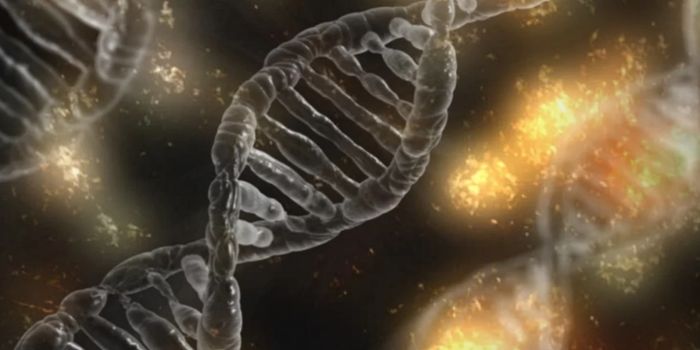Linking Genes and Behavior in an Assessment of Personality in Animals
Anyone that's owned dogs knows that they have a personality, and the same is true of mice. Researchers have now taken steps towards understanding the biological basis of personality in animals. Professor Alon Chen led researchers at the Weizmann Institute of Science's Neurobiology Department and the Max Planck Institute of Psychiatry in the classification and study of mouse personality. Their work, reported in Nature Neuroscience, may help provide ways to quantify a subjective concept and help us learn more about how genes are connected to behavior.
Personality is fairly stable in an animal and can vary widely between animals in a species. Humans usually take questionnaires that help define their personality type, while researchers have to study the behavior of an animal to characterize its personality. In this research, postdoctoral fellow Dr. Oren Forkosh and graduate student Stoyo Karamihalev hypothesized that personality may be the connection between behavior and genes. Epigenetics, which are chemical tags that are added to the genome and can be affected by the environment, can help influence how genes are expressed, and play a role in the formation of personality.
The researchers identified mice with a color-coding system and put them into small groups in a lab environment that contained shelter, food, and enrichment like toys, then let the mice explore and behave freely. The mice were monitored by video over several days, and their behavior was assessed. The scientists were able to define 60 different behaviors, including chasing, fleeing, sharing or hoarding food, approaching other mice, hiding, and exploring.
The research team used computational tools to analyze the behavior and characterize personality traits, which were like personality scores used for humans. There were four sliding scales with opposites at each end, and although the scientists tried to avoid the kinds of labels we apply to humans, there were similarities. Each mouse was found to have a unique personality, which informed their behavior. The scientists tested their system by placing the mice into a stressful situation and saw that while behaviors changed, their personalities were the same.
Using the scales they created, the scientists developed a 'personality space' in which two traits could be compared. It generated a triangle, with archetypes at each corner, like highly dominant and not-friendly-to-humans, or dominant but human-friendly. This can help indicate how some traits are beneficial; some mice have to live within a dominant hierarchy, for example.
"In fact, we see that these archetypes, and all the shades in between, are quite natural," said Forkosh. "These traits have not been bred out of our mice, even though they have lived for generations in labs and could probably not survive in the wild."
The scientists also assessed gene expression patterns in the mouse brains, which can help identify genes that are associated with personality traits that had been defined.
"This method will open doors to all sorts of research," added Forkosh. "If we can identify the genetics of personality and how our children inherit certain aspects of their personalities, we might also be able to diagnose and treat problems when these genes go wrong. We might even, in the future, be able to use these insights to develop more personalized psychiatry, for example, to be able to prescribe the proper treatments for depression. In addition, we can use the method to compare personality across species, and thus to gain insight into the animals that share our world."
Sources: AAAS/Eurekalert! via Weizmann Institute of Science, Nature Neuroscience










